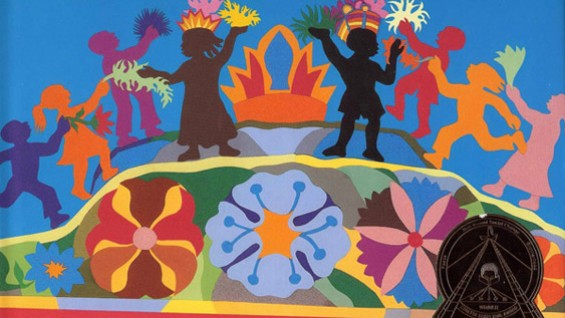

It was humbling and horrifying to realize that the stories they recounted were non-fiction.

Some of those details went into the fictional history of my character, Minka. I met with several Holocaust survivors, who told me their stories. Naturally, this research was among some of the most emotionally grueling I’ve ever done. The moral conundrum in which Wiesenthal found himself has been the starting point for many philosophical and moral analyses about the dynamics between victims of genocide and the perpetrators…and it got me thinking about what would happen if the same request was made, decades later, to a Jewish prisoner’s granddaughter. Wiesenthal recounts a moment when, as a concentration camp prisoner, he was brought to the bedside of a dying Nazi, who wanted to confess to and be forgiven by a Jew. This book actually began with another book – Simon Wiesenthal’s THE SUNFLOWER. In this searingly honest novel, Jodi Picoult gracefully explores the lengths we will go in order to protect our families and to keep the past from dictating the future. When does a moral choice become a moral imperative? And where does one draw the line between punishment and justice, forgiveness and mercy? With her own identity suddenly challenged, and the integrity of the closest friend she’s ever had clouded, Sage begins to question the assumptions and expectations she’s made about her life and her family. If she says yes, she faces not only moral repercussions, but potentially legal ones as well. Despite their differences, they see in each other the hidden scars that others can’t, and they become companions.Įverything changes on the day that Josef confesses a long-buried and shameful secret-one that nobody else in town would ever suspect-and asks Sage for an extraordinary favor. When Josef Weber, an elderly man in Sage’s grief support group, begins stopping by the bakery, they strike up an unlikely friendship. She works through the night, preparing the day’s breads and pastries, trying to escape a reality of loneliness, bad memories, and the shadow of her mother’s death. Thus, the story describes the idea of choosing the right way to interest children and touches on a problem of _.Sage Singer is a baker. The girl hides behind a bush, but the wolf eventually locates her when her medals click against one another. As the girl strolls through the park, she is attacked by a wolf. As a further reward for her goodness, the girl is invited to visit the park that belongs to the local Prince. The bachelor's story is about a girl who is "horribly good," so good that she wore on her dress three medals for goodness. The Aunt tries to entertain the children by telling them a story about a little good girl who is saved from a mad bull by her friends.Ī bachelor is sitting on the same train observing the Aunt and her young charges.

The story opens with a travelling by train of a woman with 3 children. But he was “performing” in the “drawing room” of the society he was criticising he was an established member of an established class, even though he criticised it. In his satire Saki was savage, like the wild animal or wild boy depicted and as a jungle boy or lynx, he was operating in contradiction to the sedate society around him. His tales feature delicately drawn characters and finely judged narratives. At the same time, in these situations he enjoyed attacking “the prigs, snobs, bores, politicians, and other self-important comedians, spiteful old women, and silly, smug young ones” of his time. He is considered a master of the short story, describing in them incredible situations so unusual as to get us laughing. The story under the analysis is written by Hector Hugh Munro (Decem– November 13, 1916), better known by the pen name Saki, was a British writer, whose witty and sometimes macabre stories satirized Edwardian society and culture.


 0 kommentar(er)
0 kommentar(er)
